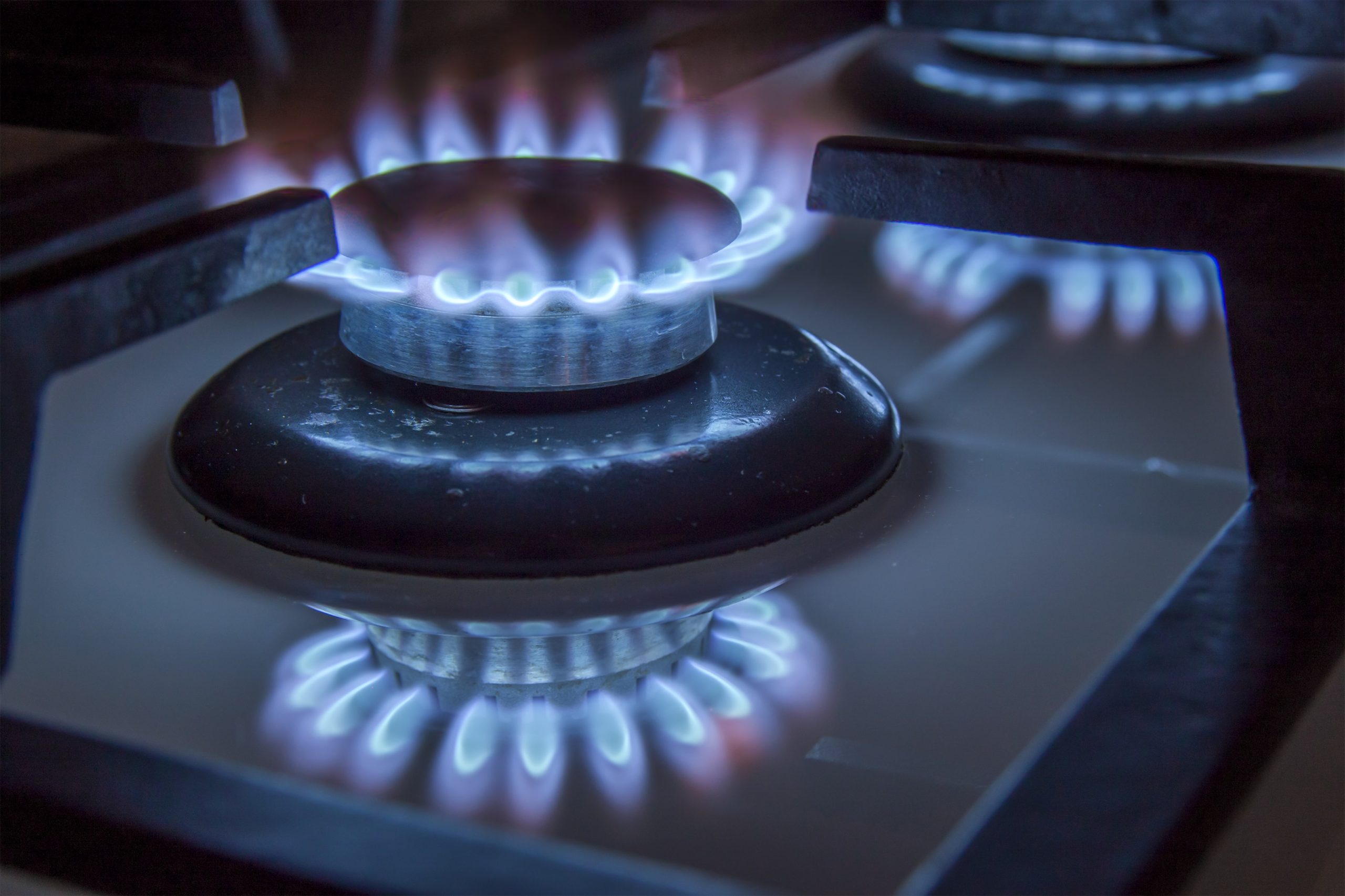Gas Certificate Landlord Milton Keynes: What Nobody Is Talking About
The Importance of a Gas Certificate for Landlords in Milton Keynes
As a landlord in Milton Keynes, it is important to ensure that the residential or commercial properties you rent out are safe and certified with the appropriate regulations. One vital aspect of this is acquiring a gas certificate, also called a Gas Safety Record. In this article, we will talk about the significance of a gas certificate for landlords in Milton Keynes, the advantages of having one, and the effects of not having one.
What is a Gas Certificate?
A gas certificate is a file that confirms that the gas home appliances and installations in a residential or commercial property have been examined and confirmed as safe to utilize. The certificate is released by a Gas Safe registered engineer after conducting a thorough inspection of the home's gas system. The certificate includes details such as:
- The address of the residential or commercial property
- The type and location of the gas appliances
- The results of the safety checks
- Any flaws or problems found
- The date of the inspection
Why is a Gas Certificate Necessary for Landlords?
As a landlord, it is your obligation to make sure that the properties you rent are safe and devoid of dangers. A gas certificate is required for a number of factors:
- Safety: The most crucial factor for acquiring a gas certificate is to guarantee the safety of your tenants. Gas devices can be harmful if not correctly set up, kept, or utilized. A gas certificate confirms that the devices are safe to use and decreases the risk of mishaps.
- Compliance: The Gas Safety (Installation and Use) Regulations 1998 require property managers to make sure that all gas appliances and installations in their properties are safe and correctly preserved. A gas certificate is proof of compliance with these policies.
- Insurance coverage: Many insurance provider require proprietors to have a valid gas certificate to guarantee that their homes are covered in case of a mishap or damage.
- Liability: If a tenant is hurt or killed due to a gas-related mishap, the landlord might be held responsible if they can not produce a legitimate gas certificate.
Benefits of Having a Gas Certificate
Having a gas certificate has numerous advantages for property managers, including:
- Reduced risk of accidents: A gas certificate validates that the gas home appliances and setups are safe to use, minimizing the risk of mishaps and injuries.
- Compliance with regulations: A gas certificate proves that the landlord is complying with the pertinent regulations, avoiding fines and penalties.
- Increased tenant trust: A gas certificate can increase renter trust and confidence in the landlord, resulting in longer tenancies and positive reviews.
- Reduced maintenance expenses: Regular gas safety checks can recognize possible concerns before they end up being significant problems, minimizing maintenance costs and extending the life expectancy of the appliances.
Effects of Not Having a Gas Certificate
Not having a gas certificate can have major effects for property managers, including:
- Fines and charges: Landlords who stop working to obtain a gas certificate can deal with fines of up to ₤ 6,000 and/or 6 months in jail.
- Invalid insurance: Without a gas certificate, insurance coverage policies may be void, leaving the landlord without any cover in case of a mishap or damage.
- Increased liability: Landlords who do not have a gas certificate might be held accountable for any gas-related mishaps or injuries, resulting in costly legal costs and payment claims.
- Loss of track record: Failure to obtain a gas certificate can harm the landlord's reputation, making it harder to bring in brand-new renters and keep existing ones.
Often Asked Questions
- How frequently do I need to get a gas certificate?: A gas certificate is required each year, but it's recommended to have the devices examined every 10-12 months to ensure ongoing safety.
- Who can issue a gas certificate?: Only a Gas Safe registered engineer can provide a gas certificate.
- What happens if I don't have a gas certificate?: You may deal with fines and penalties, and your insurance plan might be invalid.
- Can I do the gas safety checks myself?: No, only a Gas Safe registered engineer is qualified to carry out gas safety checks and issue a gas certificate.
Actions to Obtain a Gas Certificate
To obtain a gas certificate, follow these actions:
- Find a Gas Safe registered engineer: Search for a certified engineer in your location who is registered with Gas Safe.
- Arrange a consultation: Book an appointment with the engineer to conduct the gas safety checks.
- Prepare the property: Ensure that the property is safe and accessible for the engineer to carry out the checks.
- Receive the certificate: Once the checks are total, the engineer will release a gas certificate, which should be kept on file and supplied to the occupant.
List of Gas Appliances that Require a Gas Certificate
The following gas devices need a gas certificate:
- Boilers
- Cookers
- Ovens
- Hobs
- Water heating units
- Gas fires
- Central heating systems
In conclusion, a gas certificate is a vital file for landlords in Milton Keynes to make sure the safety of their tenants and compliance with the appropriate guidelines. By getting related web site , proprietors can minimize the danger of accidents, prevent fines and penalties, and boost tenant trust. Keep in mind to arrange annual gas safety checks and keep the certificate on file to prevent any prospective problems.
